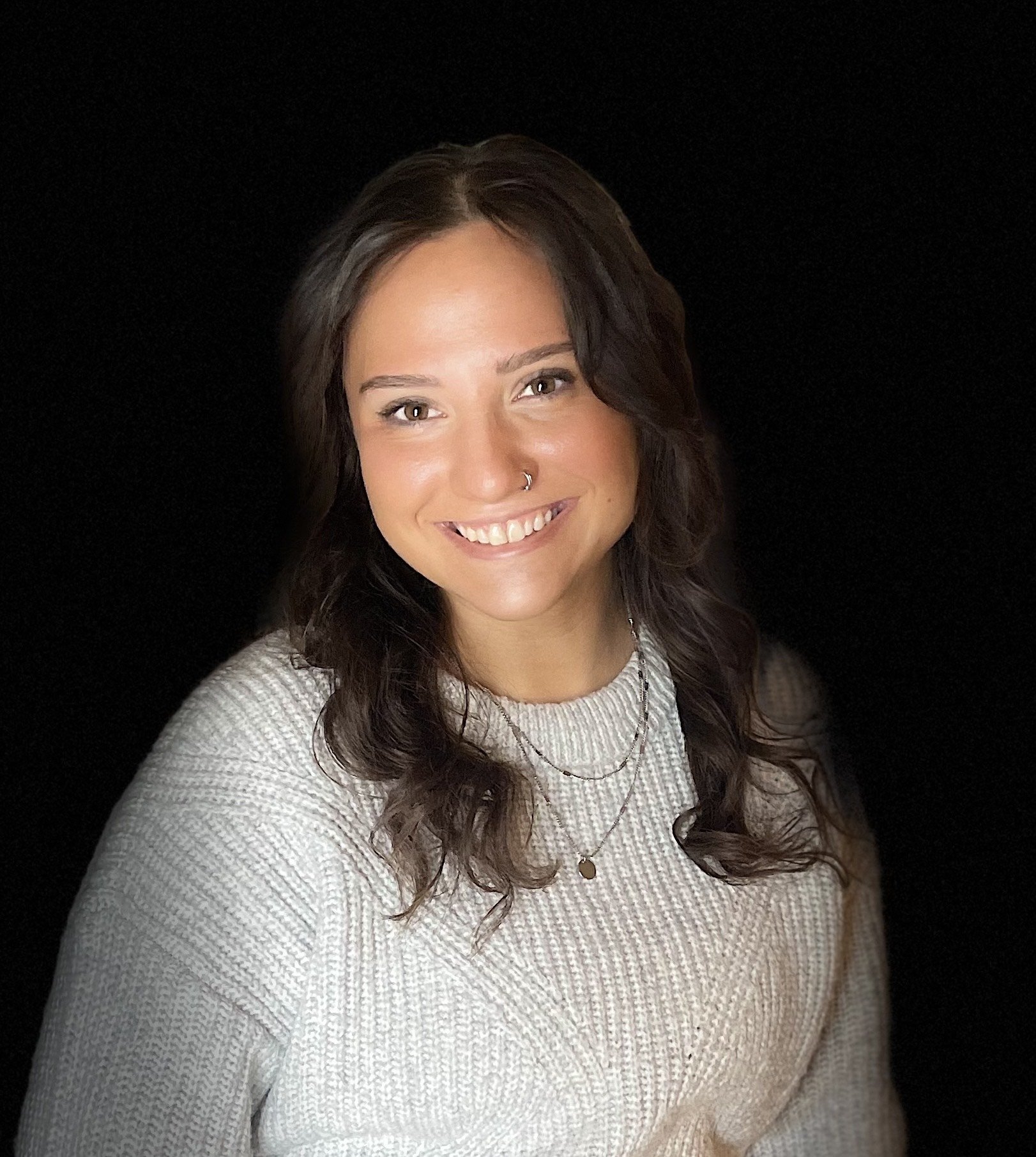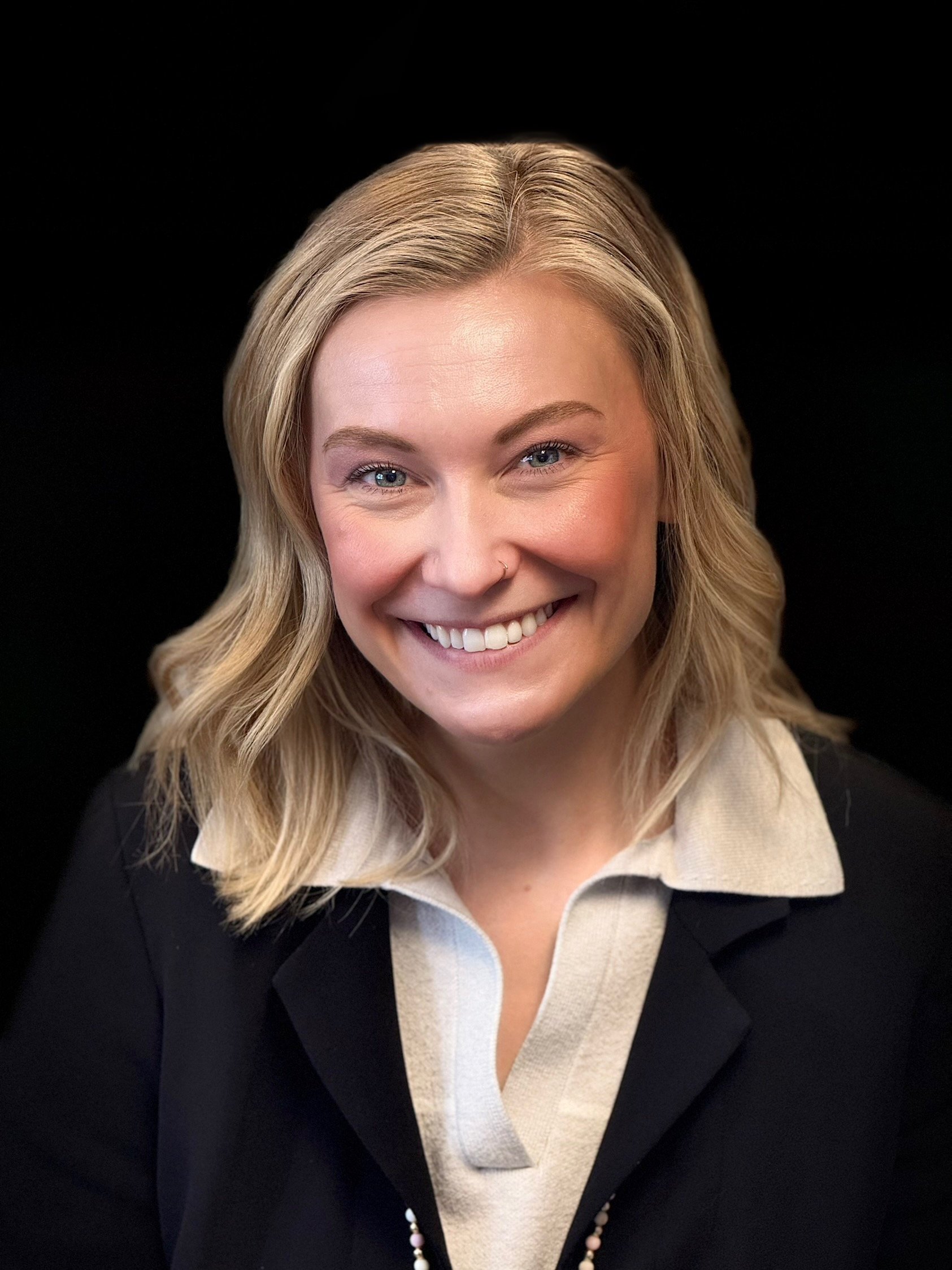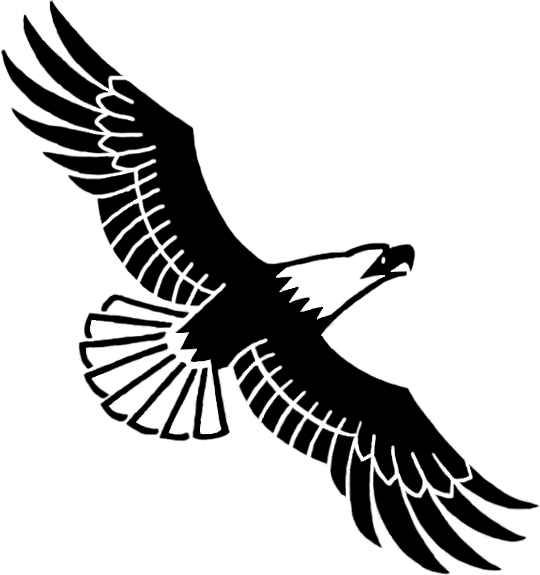Eau Claire Mikan & Migisi
Greta Wertheimer, B.S.
Case Manager
Eau Claire Mikan
ecmikan@mfhs-ltd.com
Information coming soon
Case Manager
Eau Claire Migisi
ecmigisi@mfhs-ltd.com
Marshfield Mikan & Migisi
Calista Christofferson, B.S.
Case Manager
Marshfield Mikan
marshfieldmikan@mfhs-ltd.com
Katie Karl, B.A.
Associate Director of Case Managers
Marshfield Migisi
marshfield.migisi@mfhs-ltd.com
Day Treatment Programs
Developed in 1995, the Mikan Programs are unique evidence based services. Mikan goes beyond the evidence based treatment approaches attained through DBT (Dialectical Behavior Therapy) and other CB (Cognitive-Behavioral) methodologies. The Mikan Program provides a trauma intervention model specifically designed to help children recover from past trauma. Given that the majority of children who have not responded to outpatient services have trauma histories, it is critical to provide services which can intervene. Successful programs must be more than informed about children and how trauma impacts them. Effective programs intervene with trauma – Mikan does that.
HIPAA compliance comes first.
Our day treatment services are provided by licensed and certified therapists who possess not only years of experience working with children, but also have formal education in the complex techniques that have been demonstrated to be most effective. Just as it would not be reasonable to trust one’s physical health to a physician who is unlicensed, we believe that all children and teens referred for this level of care should have services provided by licensed and certified professionals.
The term Mikán means "I find it or I discover it" in the Annissinabe or Ojibwa language. Mikáná translates loosely into the "path or roadway". For us the term Mikan means the ability to leave one's old pathway in life to find a healthy new direction. This Native American term says much about what we are helping our clients to accomplish. The new path will not be one which was given to the client in the past. Rather, it will be a direction that the clients themselves create from a place in their lives free of unhealthy sculpting and the effects of trauma. The path found through Mikan is meant to be a new direction for the client's life, one which they sculpt themselves.
The provision of our services takes place in a highly individualized basis. Our methodology requires three to four staff for the ten children or teens in each of our groups. This strong staff-to-client ratio allows the close attention and care that is necessary for effective treatment. Parents appreciate the safety their child experiences while they receive their services. Licensed professionals have skills which do not include physical holds. We do not believe children should be re-traumatized.
In such a personally intense treatment approach, the composition of a group is vital. Mikan separates our groups by developmental stages that fall roughly along the divisions between elementary, middle, and high school, which correspond to our Migisi and Mikan programs. This division of age groups allows us to tailor the day treatment approaches to the psychological, emotional, cognitive, social, and developmental needs of children and teens on a much more individualized basis. The Migisi programs provide younger children with multiple group areas that encourage play and sensory experiences. Younger children are provided opportunities to intervene with trauma through a child's lens while therapists attend to them utilizing trust based approaches.
In our treatment philosophy is the belief that a large part of our job is helping children and teens find their own way to the desire to change. While behavior modification models, like boot camp programs and some day treatment approaches, can produce good behavioral compliance while the child is in-program, there tends to be very little carry-over into post-treatment. Our goal is to help children and teens come into their own recognition that change is important to them; they then become powerful allies in their own success.
The Mikan Programs work to help a child gain the courage to let go of past patterns and acquire an open mind to new paths for happiness and peace. Certainly, in some cases, some teaching is in order – skills are important, whether they’re social skills, self-care skills, or better appreciation of the mixed-up ways all of us can sometimes think. Psychoeducation is not enough. It is also not about discipline or “behavior management”, and it’s certainly not about force. No matter how troublesome a child’s behaviors may be, it is not possible to force a person to change when he or she is not ready. Long term change involves changing from the inside out. Kids then own the change and are much more resilient going forward.
Trauma and Loss – The Painful Secret
At Mikan Day Treatment, our years of research into the lives of the children with whom we work, and into the factors that have led to our proud record of success in helping these children to recover, have confirmed for us again and again that all behavior has meaning.
Children are not oppositional because it’s fun; they don’t neglect their school work because they’re “bored;” and they don’t break the law because they’re delinquents. Their misbehavior is not random. What we have found is that in more than 90% of cases – the children and teens who end up in day treatment do so because of misbehavior that is driven by underlying loss and trauma.
For almost all of the children who meet criteria for Mikan Day Treatment Services, trauma and loss are part of the fabric of their lives; so much so that they, themselves, sometimes have no sense of it. In fact, approximately a quarter of all trauma that is reported by our clients comes to light for the first time while they’re in Mikan. Also, many of the others, whose burden of pain has been identified before they arrive in day treatment, have made no connection between the pain and their troubling behavior. They just know that no matter how much they want to, they have never had any luck at “being good” and “following the rules.”
Our Work
We, the staff at Mikan Day Treatment, take great pride in the training, experience, and devotion that helps us to create the unique environment that allows traumatized children and teens to understand themselves and their behavior, and to change the course of their lives. Yes, we use a myriad of time-tested techniques – but the keys are safety, warmth, and patience. If you believe you have a child who would benefit from one of our day treatment programs, please use the referral process listed below.
Day Treatment Referral Process
When a child or teen is identified as one who might benefit from therapeutic day treatment, the person making the referral (e.g., parent, teacher, social worker, school administrator, physician, etc.) should have a discussion with the child's parent/guardian about the opportunity to participate in Mikan/Migisi. The referral form can either be faxed to us or you are welcome to call us, and together and we can help you complete it. If the parent/guardian would like us to contact them directly, we do need to have their permission obtained. Neither the referral nor the intake appointment obligates the family or school in any way. The purpose of contact will be to learn more about the program and requirements. The referral source may be identified as a point of contact and can be included in the treatment planning for the child. Please click on the link below to view our referral form, which can be completed and faxed to our business office at (715) 832-0771, or mailed to our Eau Claire office (Marriage & Family Health Services, 2925 Mondovi Road Eau Claire, WI 54701).
Marriage & Family Health Services looks forward to the opportunity to work with you and your child.
Please feel free to contact us at our business office should you have any questions.
You may do so by phone (715-832-0238) or by email at marriageandfamily@mfhs-ltd.com





